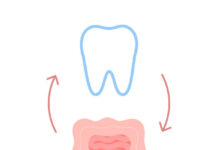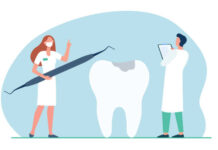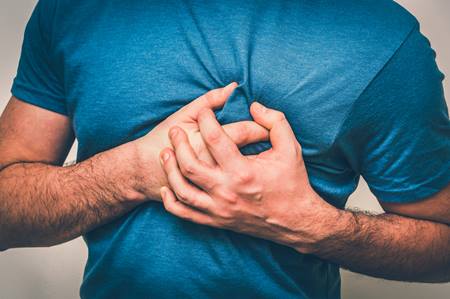If you’re experiencing chest pain, shortness of breath or any other heart attack symptoms, call 911 immediately. Acting quickly can limit the damage to your heart and save your life.
Chest pain is the most common heart attack symptom and can occur with or without other symptoms. Other early warning signs include fatigue or general feeling of unease, vague discomfort and back pain.
Chest Pain
Most heart attacks start with pain or discomfort in the center of your chest. You may feel pressure, squeezing, fullness or pain that lasts for more than a few minutes.
This can be a warning sign that your heart muscle is getting too little blood and oxygen to function properly. It also indicates that a coronary artery (the main arteries that supply your heart) is clogged or weakened.
Chest pain can be a symptom of many other conditions and may not be life-threatening. It’s important to get medical help right away if you are having severe chest pain that is radiating to your arm, neck or jaw.
Recognizing the early signs of a heart attack can mean limiting damage to your heart and preventing death. The faster you can get to the ER, the sooner treatment can begin.
Shortness of Breath
Shortness of breath, also known as dyspnea, is an unpleasant feeling that occurs when your lungs aren’t working properly. If you are experiencing a problem, your doctor will diagnose the cause and prescribe treatment to help you breathe better.
The lungs are responsible for carrying oxygen throughout the body and getting rid of carbon dioxide. The heart works alongside the lungs to pump blood around the body.
If you’re short of breath, it can be a sign of a serious health condition. Your GP will ask questions to find out the cause of your shortness of breath.
You may have a long-term condition, such as obesity, asthma or chronic obstructive pulmonary disease (COPD), that needs to be treated to prevent the problem from worsening. Your GP will also do a physical check to make sure there are no other causes for your breathlessness, and advise you on lifestyle changes, such as quitting smoking, that may help manage your condition.
Swelling
Swelling is a common issue and can happen for a variety of reasons. It can also be a sign of a more serious health problem for some people, but it can be managed through prompt treatment and following your healthcare provider’s recommendations.
A type of swelling called edema can occur anywhere in your body. It occurs when your small blood vessels leak fluid into nearby tissues, which makes the tissue swell.
This is often a sign of an injury or infection.
A person may also experience swelling as a side effect of certain medications or a more serious underlying health problem like heart failure, liver disease or kidney disease. If your doctor suspects that the swelling is related to these conditions, they will recommend tests to determine the cause and to treat the condition.
Dizziness
Dizziness is a common symptom of many different health conditions. However, it may be a sign of a serious problem, such as a heart attack or stroke.
If you’re experiencing dizziness that lasts for more than a few seconds or is accompanied by nausea or vomiting, talk to your doctor immediately. They can help you determine what’s causing your symptoms and treat them to ease your discomfort.
Dizziness is also a common side effect of medication used to treat heart failure, including ACE inhibitors, ACE receptor blockers and beta blockers. Your doctor can adjust your medications to reduce your blood pressure and help your dizziness.
Vomiting
Vomiting may sound like a harmless occurrence, but it is actually a sign that you are having a heart attack. It’s also a sign that you need to seek medical attention right away.
If you have blood in your vomit, it’s especially important to get it checked out immediately. The blood can be coming from your esophagus, stomach or small intestine.
Women are more likely than men to have a heart attack and also experience nausea and vomiting.
In addition, women are more likely to have back pain or jaw pain. Chest discomfort, shortness of breath and other symptoms such as cold sweat, lightheadedness, fatigue, palpitations, nausea and vomiting are all possible signs of a heart attack.


























